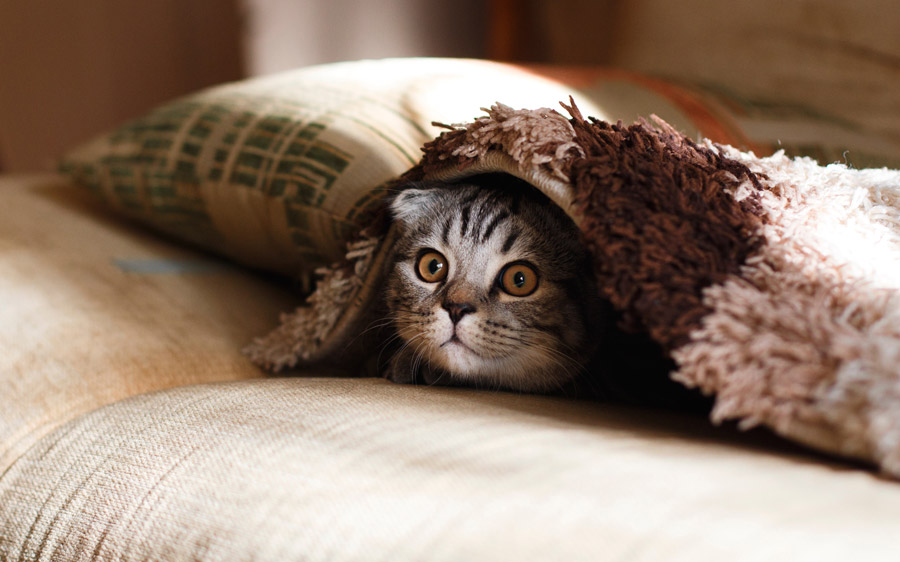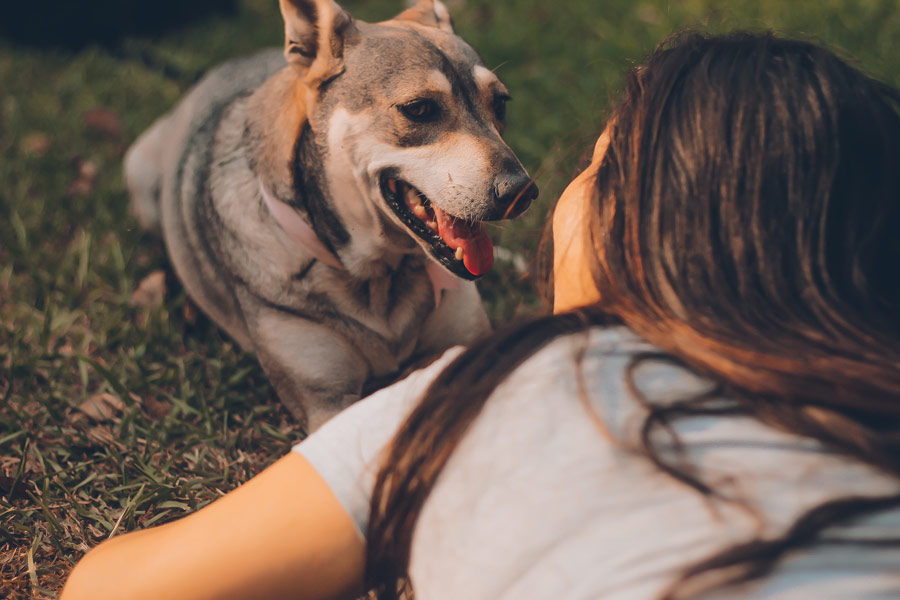With more and more people implementing social distancing to help control the spread of COVID-19, how does social-isolation affect our pets?
Firstly, it’s essential to remind pet owners that currently there’s no evidence to suggest that pets can contract or transfer COVID-19. However, encouraging regular hand washing before and after touching pets is good practice. After all, this can protect against bacterial infections that can be passed from pets to people, such as salmonella and E.coli.
When it comes to caring for pets amid COVID-19 and while in self-isolation, there are a number of practical tips you can pass on to clients.
Caring for pets during the coronavirus outbreak
It’s important for pet owners to consider how to keep their pets safe and healthy as Australia deals with the spread of COVID-19. Here are a few advice points to share.
Encourage pet owners to consider their pet’s needs and to make sure they are stocked with plenty of food, medication (if required) and other supplies needed.
Remind owners of the importance of washing their hands before and after contact with their pets, pet food and pet supplies.
Advise owners to have a plan in place to care for their pet should they become ill. This might mean having a pre-arranged temporary pet carer in place (be it a friend or family member) to assist with the short-term care of a pet.
Urge owners to check their pet is wearing an ID tag and that the information is up-to-date.
Encourage pet owners to stay up to date and to refer to reputable sources of information, such as the World Health Organisation. You can also refer pet owners to the Australian Veterinary Association’s Client Information Sheet.
Exercising dogs while in self-isolation
Certainly, most pets are likely to be quite pleased with the idea of having their owner at home with them for two weeks (or more). However, an essential factor in caring for pets is ensuring they are adequately exercised. You can remind owners of the need to exercise their dogs — and how they can do this without leaving their home!
Without a doubt, caring for pets during COVID-19 requires thinking outside the box to come up with nifty ways to keep pets active at home. Here are a couple of ideas to share with your clients.

Image source: Marliese Streefland on Unsplash
Hide-and-seek
Hide-and-seek is one of the best indoor games and a great way in which pet owners can exercise their dogs from the comfort of home.
All they need to do is command their fur pal to stay in one of the rooms of their house, then go and hide somewhere. They might hide in the bathtub, wardrobe, behind the sofa, or behind the curtain; tell them they get bonus points for being creative! Once they find their hiding place, they simply call their dog and wait to be found. When Fido sniffs them out they can reward their fur pal with treats and belly rubs.
Find the treat
To play this game the pet owner hides a treat in one hand but offers both hands to their dog and asks them to ‘find the treat’. When the dog guesses right, they give them praise and let them have the treat.
Once the dog is used to the game, they can try using three cups. Eventually, the dog will get better and better at the game and the owner can get creative in where they hide the treat.

Image source: Mikhail Vasilyev on Unsplash
Caring for cats in self-isolation
While we tend to think about dogs in regards to exercise, cats can become stressed when there are changes to their routine (such as staying indoors when their used to going outside). To help prevents cats from becoming anxious or stressed you can advise owners to do the following.
• Ensure their cat has a safe hiding place – such as a cardboard box or igloo box
• Try to maintain the cat’s normal daily routine
• Keeping cats active can reduce stress so suggest they stock up on a few toys
• Play games to reduce boredom, such as hiding treats, playing with string or using the light on their phone
Indeed, pet professionals can help address pet owners’ fear and concerns about caring for pets during the COVID-19 outbreak. However, it’s also important to protect yourselves. You can do this by keeping up-to-date with the latest recommendations and health practices. Below is a list of useful information sources.
Information sources
- Coronavirus: what pet sitters should consider (Pet Sitters International)
- Animals and coronavirus disease (Centers for Disease Control and Prevention)
Related posts:
Latest posts by Liz Walden (see all)
- Pet health: Medicinal cannabis for pets - December 27, 2021
- What pet business insurance do I need? - November 17, 2021
- Pet sitters: how to take time off - November 15, 2021










Leave A Comment